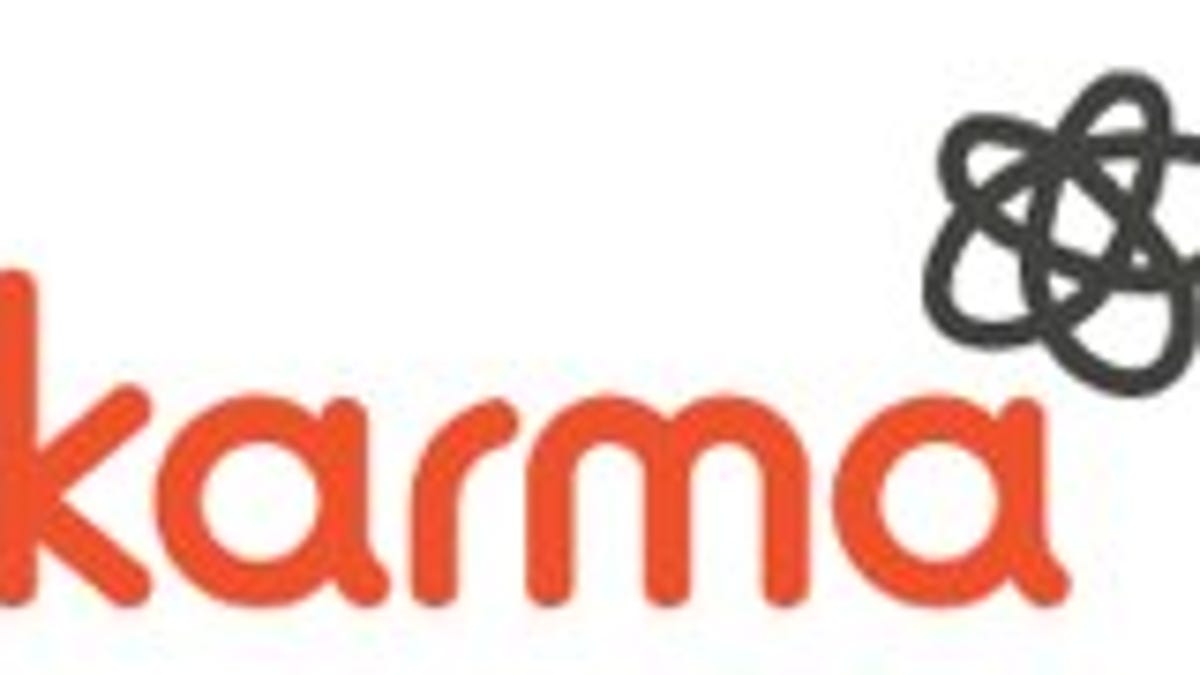Facebook acquires social gifting company Karma
As the public market closes for the day, Facebook announces acquisition of a gifting startup.

When I wrote in my review of Karma in February, "you'll be using this soon," perhaps I should have said, "Facebook will be buying this soon." Because that's what the company just did. As the Nadaq public market closed on Facebook's first day of public trading, the social network bought the small social gifting company.
Karma announced the acquisition in a blog post that doesn't say much other than revealing the acquisition. But we like Karma. CEO Leo Linden gave us a walk-through recently:
A gift-giving service like Karma might look like a good acquisition for Facebook from both the social and financial perspectives. Gifting is inherently social, and in fact the feature of sending virtual gifts between users was a big part of Facebook's early pitch. And, of course, with Facebook's advertising business under siege, being able to make actual money by selling physical goods -- which is what Karma does -- might look like a nice additional revenue stream.
But Facebook could have left Karma alone as an independent company and still been able to take some advantage of the app's existence. Why didn't it?
CNET's complete coverage: Facebook's monster IPO
It's much more likely that Facebook bought Karma for different reasons. First, the Karma team has shown a real sensitivity for making a good mobile and social experience. Their smartphone app feels light and fun, but at the same time unveils emotional depth. This is a smart acqui-hire for a company looking to get out ahead in the mobile business.
Second, as Facebook's financial future is tied to consumer marketing, in makes a lot of sense to park Karma in the Facebook hangar. Users' activities on Karma generate rich data about consumer preferences and connections, and Facebook can't easily get that data from a third-party app company. Once on board, though, the data feeds into Facebook's massive store of who likes what and with whom. That's marketing gold, and that's what Facebook ultimately makes money from.

